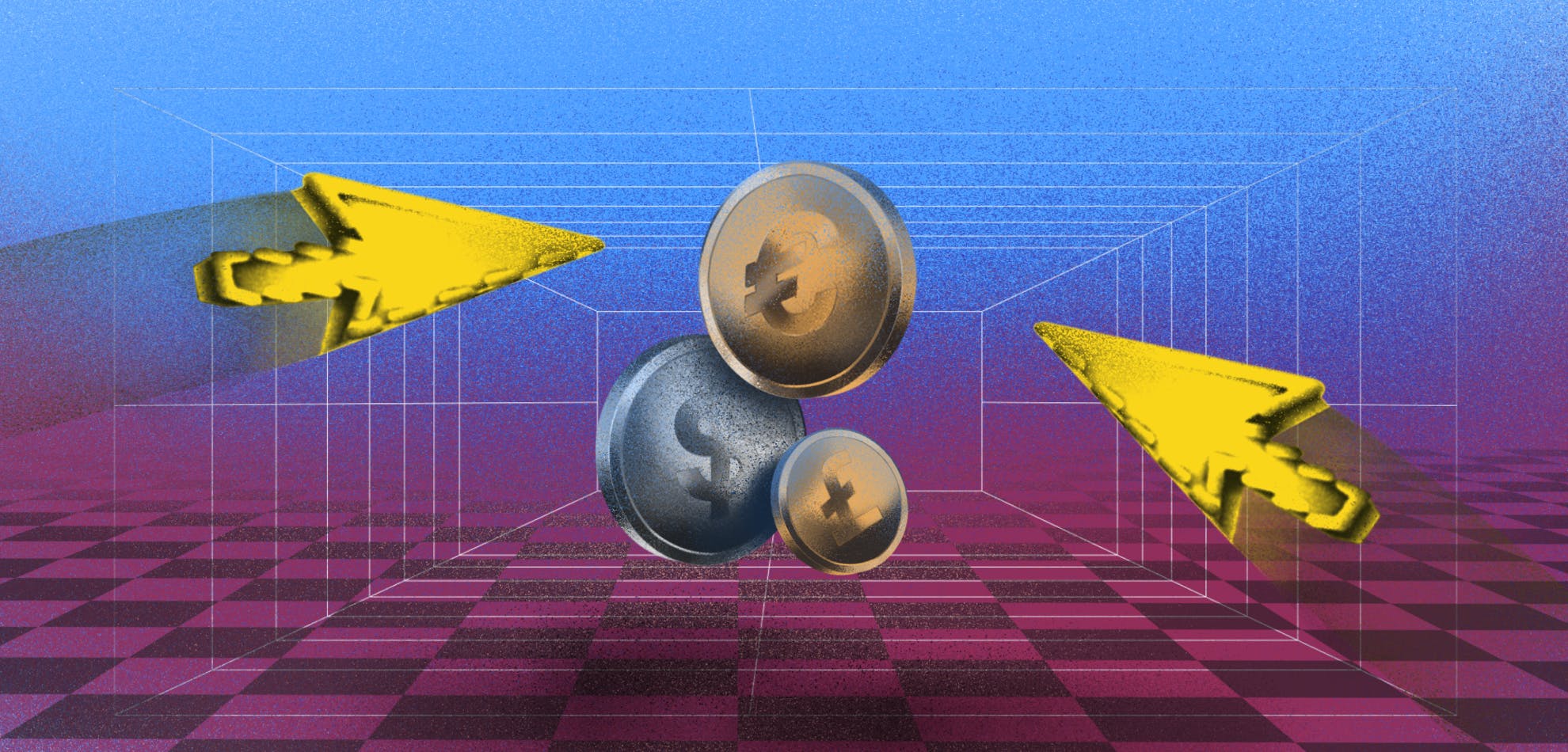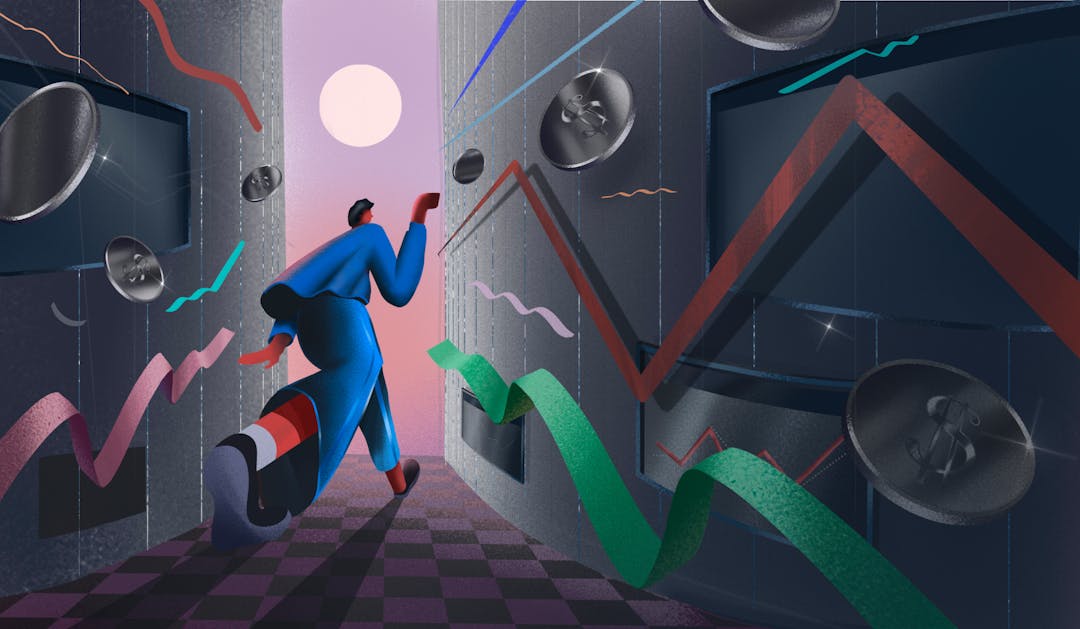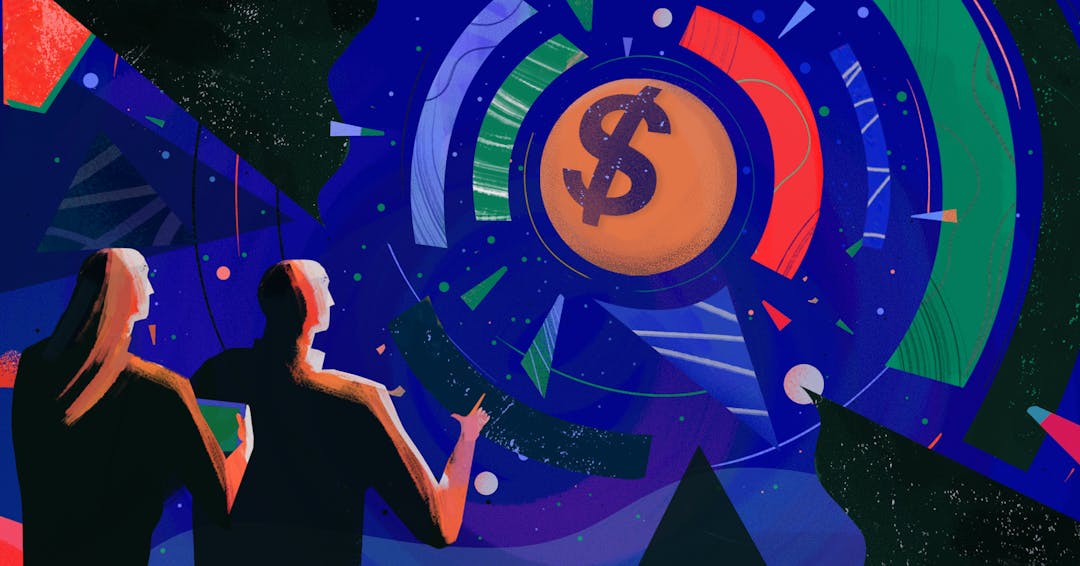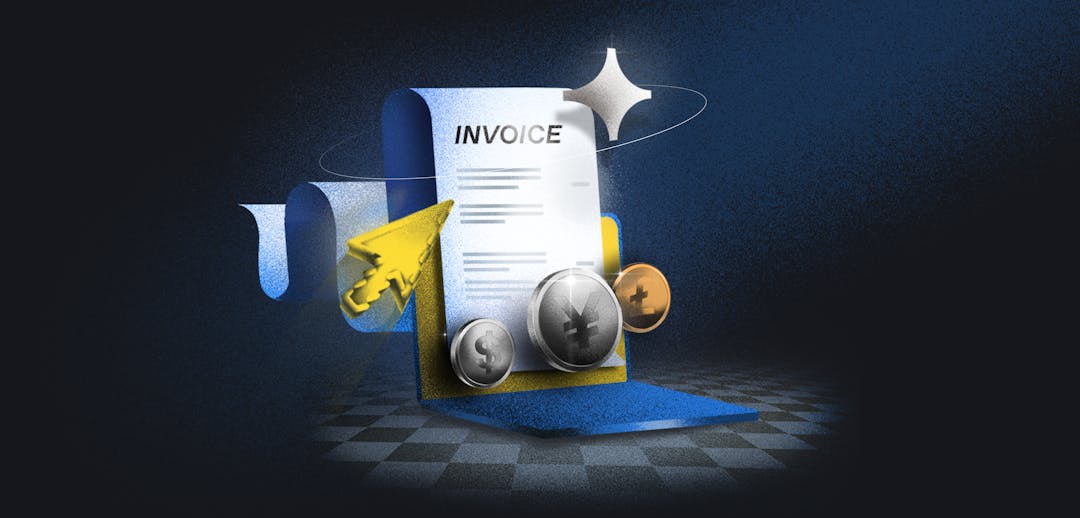If you're contemplating offering one-off and subscriptions this may be for a variety of reasons such as catering to various Customer Personas (for a refresher, check out our Customer Personas guide) or because you want to see recurring revenue from a subscription model.
When you look at it, one-off and subscription are the two extremes in terms of billing models for Mac and Windows software products (Web software tends to be SaaS, where these hybrid models don't apply as much).
Hybrid models have emerged to mitigate the drawbacks of each model: the first one offers a combination of both one-off and subscription, whilst the other one offers a model which is in the middle of both extremes.
Offering Subscription and Perpetual License in Parallel
What do you do if you can't, or don’t want to choose? You offer both.
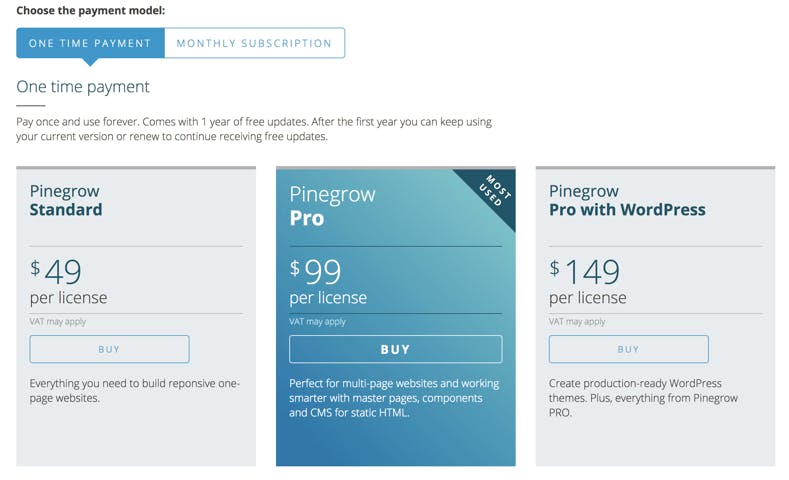
Pinegrow offers the option of a one time payment offering a perpetual license and a year of free updates (the so-called Dutch Model that we'll explore right after this section), or a monthly subscription.
The license is equivalent to 12 months of subscription: it's therefore interesting for customers who like the current product and are ready to buy but care less about future updates.
On the other hand the subscription model lets customers try the software with little risk, thanks the ability to cancel at any time - and offers the guarantee that they will always be on the best version of the software.
It's a good idea to compare conversion rates with or without these 2 prices. Does the license improve conversion rates and overall revenue, if you were only offering subscriptions? And vice-versa if you were only selling one-off licenses. If you can now target more customer personas, this is likely to increase both conversion and revenue.
Not everyone stays with this model: Flixel used to offer both but has since migrated to an annual subscription-only model.
The Dutch Model: Limited Free Updates and Support
The origins of the name "Dutch Model" are nebulous (it seems to have emerged because Dutch companies like Sketch pioneered the concept), and we're not quite sure that this is an industry-standard terminology just yet. If it does, we'll be glad we helped!
The principle is that customers can buy the software and use it forever, which removes the objections linked to subscriptions ("I don't want one more subscription and don't care about updates, I just want to buy the product").
Updates and support are limited to one year however, which means that users who care about the additional features that get added renew their license each year - generating a stable cash-flow rather than the typical peaks and valleys that one-off purchases create at launch.
Companies using this model tend to feel that people should pay at a regular cadence for updates to their app, and the updates warrant a recurring cost. However, they appreciate that not everyone may want the updates or the commitment of a recurring cost. As a consequence they don’t auto enrol customers, who pay annually for upgrades (optionally) or stick to the version (and functionality) they're on if they fail to pay.
Sketch does a great work of communicating the value to both types of customers:
- "You can keep using the last version of Sketch you downloaded, forever" gives piece of mind to occasional users.
- "Over the past year we've released 18 Sketch updates" shows the value of the year of free updates, whilst communicating the interest to pay year after year since there are so many product improvements being rolled out constantly.
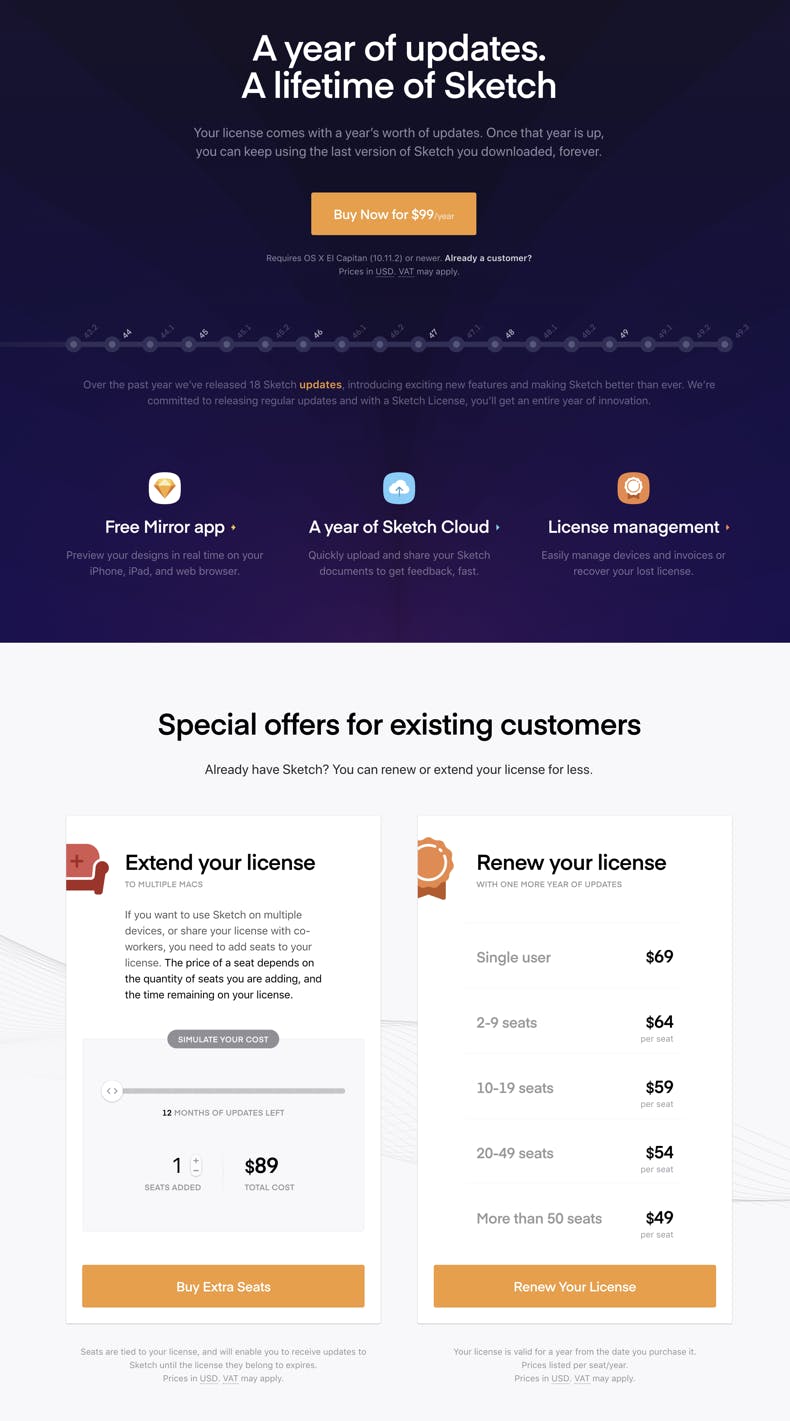
Hedge offers a slightly more complex pricing. All licenses include one year of updates, and they offer three licenses:
- A project license targeted at the "odd-job" persona, which is only valid for 30 days and is extremely economical.
- A full license which lets small and medium companies scale based on the exact number of employees they have.
- A site license which lets medium and large companies optimize their costs at scale, with a 20 seat license costing as much as 6 seats of the individual license.
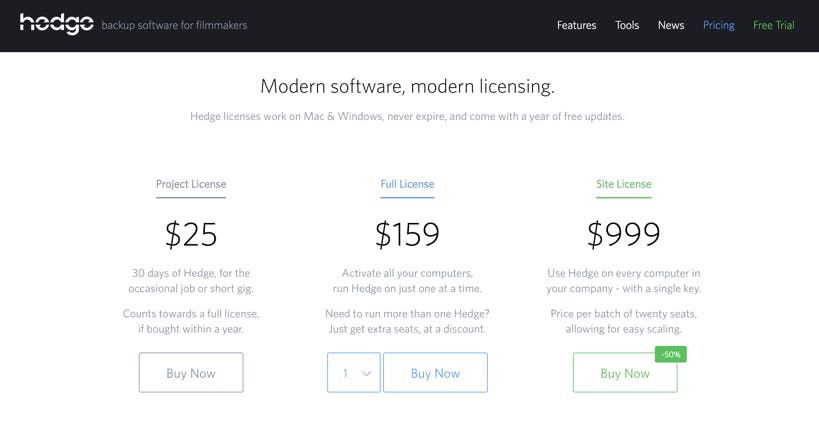
My Hybrid Model
By having a hybrid model you'll be able to please customers of all persuasions. The subscription model will allow you a steady stream of recurring income, whereas the one-off model can be a self-serve user who doesn't require upgrades.
